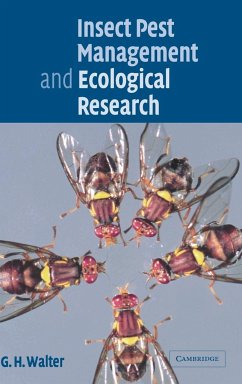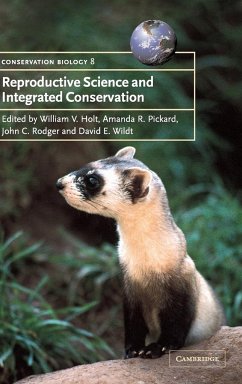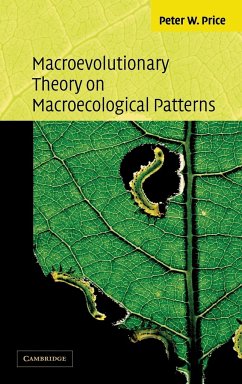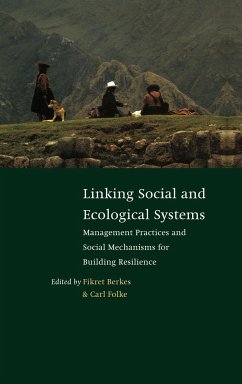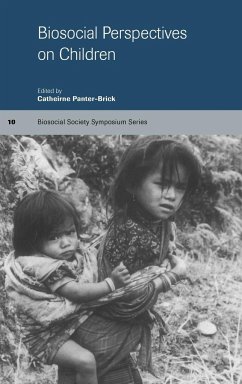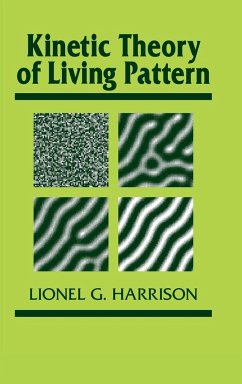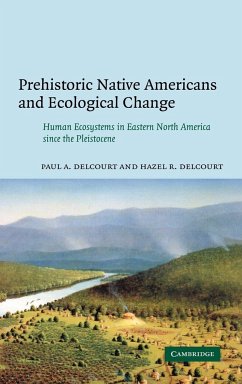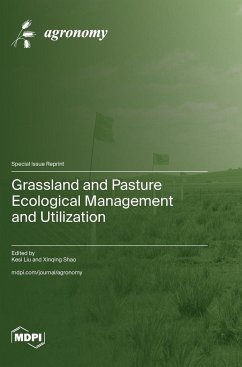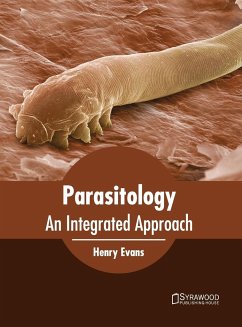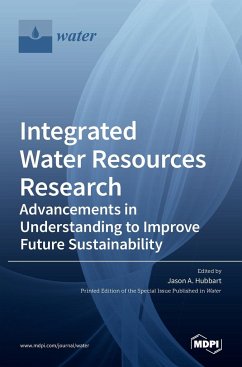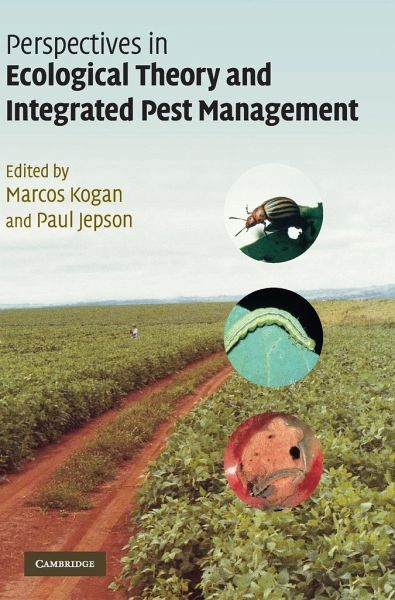
Perspectives in Ecological Theory and Integrated Pest Management
Versandkostenfrei!
Versandfertig in 1-2 Wochen
121,99 €
inkl. MwSt.

PAYBACK Punkte
61 °P sammeln!
Since the early days of integrated pest management a sound ecological foundation has been considered essential for the development of effective systems. From time to time, there have been attempts to evaluate the ways in which ecological theory is exploited in pest control, and to review the lessons that ecologists learn from pest management. In the last 20 years there have been many developments within the contribution of ecological theory to integrated pest management. This book captures some of the themes in both pest management and ecology that have emerged and provides an updated assessme...
Since the early days of integrated pest management a sound ecological foundation has been considered essential for the development of effective systems. From time to time, there have been attempts to evaluate the ways in which ecological theory is exploited in pest control, and to review the lessons that ecologists learn from pest management. In the last 20 years there have been many developments within the contribution of ecological theory to integrated pest management. This book captures some of the themes in both pest management and ecology that have emerged and provides an updated assessment of the role that basic ecology plays in the development of rational and sustainable pest management practices. Major themes are examined, assessing the significance and potential impact of recent technological and conceptual developments for the future of integrated pest management.





